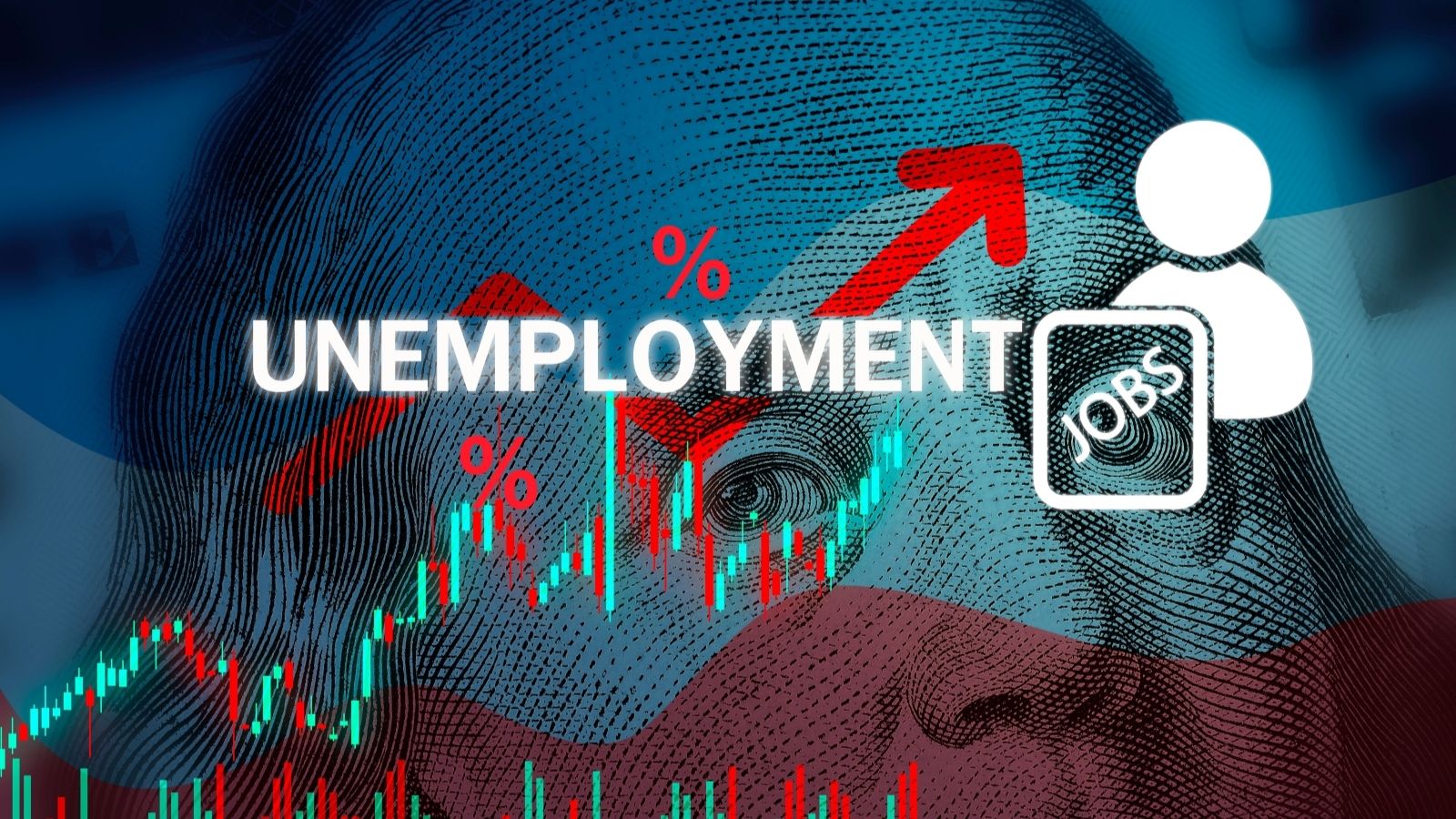Legislation can profoundly affect our daily lives, especially in terms of personal finances. Recent changes in laws and policies have introduced significant shifts that may influence how we approach budgeting, saving, investing, and planning for retirement. These changes could ultimately reshape our financial strategies and future security.
Below, we explore 19 surprising ways new legislation could reshape your finances so you can stay ahead and make informed decisions.
Higher Retirement Contribution Limits

The contribution limits for savings accounts like 401(k) and IRA have increased compared with the past. This is the result of the newer legislation that has allowed employees to save more for their retirement. However, it comes at the cost of lower take-home pay.
Student Loan Repayment Tweaks

Changing policies can relieve borrowers by lowering monthly repayment plans, but this will also come at the price of longer loan terms. Consequently, graduates will have accrued greater interest that can double their loan from its original amount.
Tax Credits for Energy-Efficient Upgrades

Governments are encouraging energy-efficient appliances as the world grapples with the changing climate and its impacts. Solar panels, energy-efficient windows, and EV chargers now come with increased tax credits that can provide long-term savings on energy bills.
Healthcare Savings Perks

Costlier healthcare is among the most dreadful expenses that can make the patient feel guilty for falling sick. However, changes to HSA and FSA regulations can offer extra savings on medical expenses by providing higher contribution limits and greater flexibility in funds usage.
New Tax Brackets and Thresholds

With a lower salary, you can enjoy a reduction in tax liability that will come with the changes to income tax brackets and thresholds. On the contrary, you will be categorized in the higher tax bracket if you earn more.
Childcare Subsidies and Credits

Most of your children’s expenses depend on the policies formed by the government. Legislations can make childcare less expensive and help you save a significant sum. These legislations involve increased child tax credits and subsidies for childcare.
Estate Tax Adjustments

Policymakers decide how much it would cost for the elders of families to pass down their ancestral homes and properties. This is done by introducing changes to estate tax policies. Exemptions on estate tax can make the process less costly.
Student Debt Forgiveness Tax Implications

Many student loan forgiveness programs that were established in the past required borrowers to pay taxes on the forgiven amounts. However, with the introduction of newer legislation, a significant number of these programs have now been changed to become tax-free, providing greater relief to borrowers.
Changes in Mortgage Rates and Accessibility

Laws governing housing affordability can impact your ability to own a home. With higher interest rates and tougher qualifications required for certain loan programs, owning a house can become difficult.
Penalty-Free Early Withdrawals

Laws in the past involved penalties for early withdrawal from retirement accounts, even in emergencies. However, newer legislation has introduced penalty-free withdrawals, offering more flexibility in unexpected situations.
Corporate Tax Adjustments Impacting Investments

Government changes to corporate tax policies can significantly impact the stock markets. This, in turn, may indirectly affect your investments and retirement portfolios, making it crucial to stay informed about these developments for your financial planning.
Universal Paid Leave Programs

There are mandates offering paid leaves to employees. These paid leaves are funded through payroll taxes deducted from the employee’s net salary. This can slightly reduce the income but covers the cost during a family emergency or a medical leave.
Gig Economy Protections

Policies have been introduced that now offer benefits to freelancers and gig workers. These include unemployment insurance and the ability to contribute to retirement savings. However, these benefits come attached with taxes and limited contractor flexibility.
Cryptocurrency Regulations

As cryptocurrency has become an accepted reality in the financial world, governments are now more likely to tighten their regulations and policies. This could lead to the implementation of higher taxes on profits that were earned prior to the law being enacted, as well as stricter penalties for those who fail to comply with these new regulations.
Higher Minimum Wages

Tweaks to the minimum wage that a worker takes home can provide a boost or a decline to his finances. Increasing the minimum wage can boost the employee’s income and increase living costs in some areas. This is because businesses have to make up for their higher salaries by raising their products’ costs.
Expanded Consumer Protection Laws

The government’s decision to offer better protection to consumers involves imposing stricter policies on businesses. These policies strongly call for better transparency and reduced hidden fees. Consequently, consumers would save additional money on credit cards, loans, and other services.
Changes in Unemployment Benefits

The government can revise its unemployment programs to offer higher payouts, longer durations, or both simultaneously. This can provide better financial stability during job loss but can also make people lazy and unwilling to strive for a job.
Social Security Adjustments

In response to the persistent issue of high inflation, Social Security recipients have been granted increased cost-of-living adjustments (COLAs). This adjustment aims to provide essential support for retirees, making it easier for them to manage their everyday expenses during these challenging and uncertain times.
Automatic Enrollment in Retirement Plans

In contrast to the past, new laws have now made it mandatory for certain employers to automatically enroll employees in retirement plans. This can significantly benefit the employees’ future but reduce their take-home pay unless they opt-out.
Conclusion

Laws and regulations frequently change due to new government officials and unforeseen challenges. It’s essential to stay informed about these changes as they can impact your financial situation. Regularly monitoring updates and understanding their effects on your finances can help you adapt your strategies effectively. Seeking professional advice from financial advisors or legal experts can also provide valuable insights. By being proactive and adjusting your approach, you can mitigate risks and seize opportunities, ultimately strengthening your financial future.
18 Reasons Why People Are Leaving Florida in Masses

Exploring factors that impact the desirability of living in Florida, this list delves into various challenges shaping residents’ experiences. From environmental concerns like rising sea levels to economic factors such as fluctuating job markets, these issues collectively contribute to a nuanced understanding of the state’s appeal.
18 Reasons Why People Are Leaving Florida in Masses
